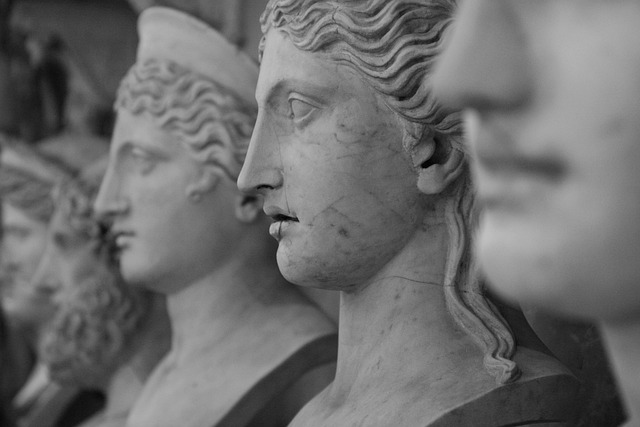Unifying Performers: The Impact of Trade Unions in Theatre
Theatre has always been a realm of creativity, passion, and collaboration, where performers and crew members come together to bring stories to life. But beneath the glamour of the spotlight lies a complex world of challenges that these artists face. Trade unions play a crucial role in this world, uniting performers and advocating for their rights, ensuring that the heart of theatre continues to beat strong.
Imagine stepping onto a stage, the audience buzzing with anticipation. Yet, behind that exhilarating moment, the struggle for fair wages, safe working conditions, and equitable treatment often resonates deeply within the walls of rehearsal rooms and performance spaces. This is where trade unions shine as beacons of support and solidarity, providing performers a collective voice to advocate for change.
Trade unions in theatre work tirelessly to negotiate employment contracts, protect intellectual property rights, and ensure that artists are appropriately compensated for their talents. By creating a unified front, they empower performers to stand together, fostering a sense of community that is vital in an industry frequently marked by uncertainties. When performers join forces through union membership, they transform from individual artists into a collective with the strength to influence policy and transform the industry.
Moreover, trade unions are essential in promoting diversity and inclusion within the theatre world. They make it their mission to elevate marginalized voices and ensure that all performers, regardless of their background, have equal opportunities to shine. This commitment to equity not only enriches the narratives told on stage but also reflects a more accurate depiction of our society, allowing every audience member to see themselves in the stories portrayed.
As we witness the evolution of theatre in the modern age, the role of trade unions becomes increasingly important. The rise of digital platforms, changing audience demographics, and new forms of performance art bring both opportunities and challenges. In this climate, unions are pivotal in educating performers about their rights and responsibilities, equipping them with the tools they need to navigate this landscape confidently.
Furthermore, trade unions advocate for mental health resources, recognizing that the pressures of performance can take a toll on one’s well-being. They foster an environment where performers feel safe to speak up about their struggles, promoting a culture of care and understanding that is crucial for sustaining creativity and artistry in theatre.
The journey of a performer is often fraught with highs and lows, but trade unions stand as a testament to the power of unity and support. They remind us that beneath the performances, the choreography, and the dramatic arcs, the individuals who bring these stories to life deserve respect, fair treatment, and equitable opportunities. As the curtain rises and falls, let us celebrate the pivotal role of trade unions in theatre, recognizing their influence in fostering a thriving, diverse, and equitable artistic community.



